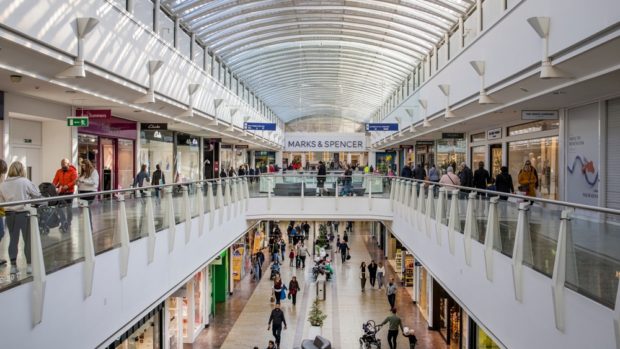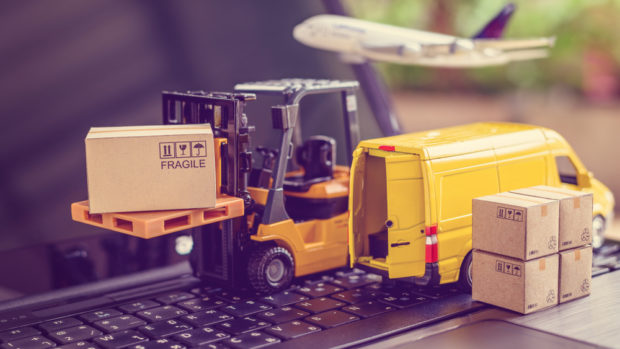With more online shopping comes the potential for more packaging waste. Something that consumers are increasingly mindful of avoiding. To tackle this, GlobalData reports that a growing number of fashion industry heavyweights are looking to pack and protect their products more sustainably.
Beth Wright, apparel correspondent for insights firm GlobalData, said: “The world as we know it is facing an overwhelming problem with regards to packaging, be it from single-use plastic or paper – both of which can have a devastating effect on the environment. What is more, the crisis is being exacerbated by the relentless hunger for fast fashion and the boom in online shopping.
“Fashion firms are beginning to find their feet after being dealt a devastating blow from the pandemic. Those moving to reset from the crisis are looking to prove they mean business when it comes to sustainability; rolling out new strategies and commitments to ‘build back better’. It seems sustainable packaging is en vogue, with pledges to eradicate single-use plastics, in particular, proving popular.
“The buck does not end with the product alone and an increasing number of fashion companies are beginning to wise up to this. Sustainability efforts must cover all ends of the supply chain – including how goods are packaged.”
GlobalData highlights VF Corporation, owner of The North Face, Timberland and Vans, as an example. Whereby the company recently outlined a series of new sustainable packaging goals, including a pledge to eliminate all single-use plastic packaging, including polybags, by 2025.
Other companies piloting alternatives include H&M Group, which developed a multi-brand paper packaging system consisting of recyclable bags made of certified paper. In the US, lifestyle brand Outerknown partnered with packaging specialist Vela to help eliminate plastic polybags from its global supply network in favour of paper alternatives. While Mango, the Spanish clothing brand, has vowed to eliminate the use of about 160 million plastic bags per year in its supply chain.
Meanwhile, environmental not-for-profit Canopy’s Pack4Good initiative continues to gain traction with fashion retailers. Stitch Fix and The Very Group are among the latest 22 companies to commit to the project, which works to reduce the toll of the global packaging supply chain on forests.
Wright adds: “A flurry of sustainable packaging pledges throughout the apparel sector coincides with a rise in online shopping on the back of the COVID-19 pandemic. While the focus is welcome, much work remains to be done to tackle the problem.
“Consumers do not want to receive mounds of single-use plastic and/or paper with their fashion items, no matter how much it might protect them on the journey to their homes. Industry players must continue to recognise the impact this part of their supply chain has on the environment – and indeed on their reputation. Even if an item of clothing or footwear has been manufactured in the greenest of manners and with the greenest of materials, all of this hard work will be undermined if a consumer receives products wrapped in copious amounts of single-use plastic.”








Share